If you have ever tried your hand at photographing people on the streets, you might agree that this endeavor is one of the most difficult and most exhilarating areas of photography within the medium. Though not in the same league as war and conflict photography; certain wild animal photography, and extreme sport photography—it nevertheless involves breaking into the boundaries of privacy of people you do not know.
Street photography requires many of the same skills as the extremes: stealth, courage, aggressiveness, patience, and eyes that are constantly analyzing an incredibly rapidly changing stage. A street photographer must have all of these things and no shame about what your subjects might think. People today are savvy and intensely aware that there are cameras everywhere. Since everyone seems to have a camera in their hand via their phone, that can work to your advantage if that is what you are using. But direct your camera too obviously at a stranger and you will no doubt risk being yelled at—and that’s the least of it. People today are aware of privacy issues, especially with security cameras everywhere in constant view. Those who wish to avoid confrontation or a punch in the nose today must use stealth to get a photo.
Being a street photographer has never been easy. I dare say everyone who has ever done it professionally has experienced being confronted by a person cursing them, slapping at their camera, or putting a hand to their faces.
The great street photographer William Klein (b. 1928) was the most aggressive of all the street photographers and perhaps my favorite. His technique was often to directly confront people and to get them to interact with him. He didn’t care much about technique. His harshly framed, often blurred and distorted photographs were different than his contemporaries. Klein would get right into a strangers face with his camera and start shooting—and when they naturally pushed back, he would laugh and talk and move and continue to shoot. He wanted interaction with his subject. And he got that interaction on film so often that his work is now in many museums and is the subject of many books and films. Learn more about William Klein in this fascinating 2012 BBC film.
Klein’s style was the complete inverse of the legendary street photographer Henri Cartier-Bresson, who stayed in the shadows and kept his distance while moving in and with people on the street. In contrast, if Klein saw you in his lens and liked what he saw, he made it absolutely clear he was coming after you.
There are many street photographers I admire and I would be remiss not to mention: Henri Cartier-Bresson, Andre Kertez, Alfred Eisenstaedt, Robert Frank, Bruce Davidson, Garry Winogrand, Bruce Gilden, Helen Levitt, Elliot Erwitt, Lee Friedlander, Vivian Maier, and Martin Parr. Then, there is an entire school of contemporary street photographers today blazing their own trail in the theatre of the street.
So what are the laws concerning street photography today? Former attorney/photographer and Clickin Moms CEO Sarah Wilkerson clears up some myths about street photography in our litigious society today. First, she mentions that as long as you and the subject(s) are in a public place, your rights as a photographer are broadest and model releases are generally not required. Surprisingly, Wilkerson says: “simply photographing a person in public view—including children and law enforcement officials—does not require either a model release or expressed consent.”
++++
Street photography requires many of the same skills as the extremes: stealth, courage, aggressiveness, patience, and eyes that are constantly analyzing an incredibly rapidly changing stage. A street photographer must have all of these things and no shame about what your subjects might think. People today are savvy and intensely aware that there are cameras everywhere. Since everyone seems to have a camera in their hand via their phone, that can work to your advantage if that is what you are using. But direct your camera too obviously at a stranger and you will no doubt risk being yelled at—and that’s the least of it. People today are aware of privacy issues, especially with security cameras everywhere in constant view. Those who wish to avoid confrontation or a punch in the nose today must use stealth to get a photo.
Being a street photographer has never been easy. I dare say everyone who has ever done it professionally has experienced being confronted by a person cursing them, slapping at their camera, or putting a hand to their faces.
The great street photographer William Klein (b. 1928) was the most aggressive of all the street photographers and perhaps my favorite. His technique was often to directly confront people and to get them to interact with him. He didn’t care much about technique. His harshly framed, often blurred and distorted photographs were different than his contemporaries. Klein would get right into a strangers face with his camera and start shooting—and when they naturally pushed back, he would laugh and talk and move and continue to shoot. He wanted interaction with his subject. And he got that interaction on film so often that his work is now in many museums and is the subject of many books and films. Learn more about William Klein in this fascinating 2012 BBC film.
Klein’s style was the complete inverse of the legendary street photographer Henri Cartier-Bresson, who stayed in the shadows and kept his distance while moving in and with people on the street. In contrast, if Klein saw you in his lens and liked what he saw, he made it absolutely clear he was coming after you.
There are many street photographers I admire and I would be remiss not to mention: Henri Cartier-Bresson, Andre Kertez, Alfred Eisenstaedt, Robert Frank, Bruce Davidson, Garry Winogrand, Bruce Gilden, Helen Levitt, Elliot Erwitt, Lee Friedlander, Vivian Maier, and Martin Parr. Then, there is an entire school of contemporary street photographers today blazing their own trail in the theatre of the street.
So what are the laws concerning street photography today? Former attorney/photographer and Clickin Moms CEO Sarah Wilkerson clears up some myths about street photography in our litigious society today. First, she mentions that as long as you and the subject(s) are in a public place, your rights as a photographer are broadest and model releases are generally not required. Surprisingly, Wilkerson says: “simply photographing a person in public view—including children and law enforcement officials—does not require either a model release or expressed consent.”
++++
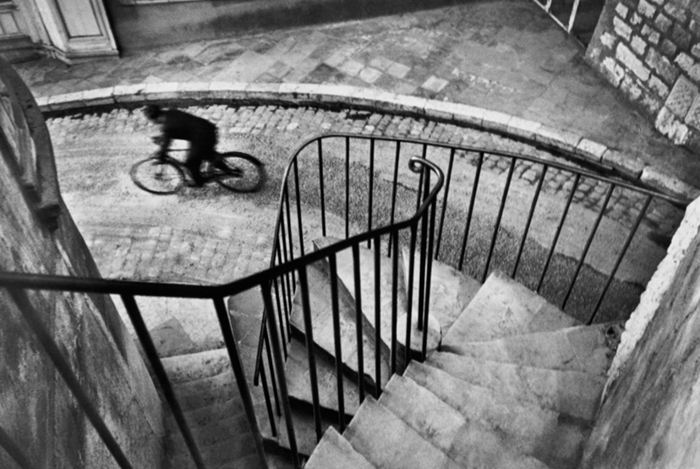
Henri Cartier-Bresson
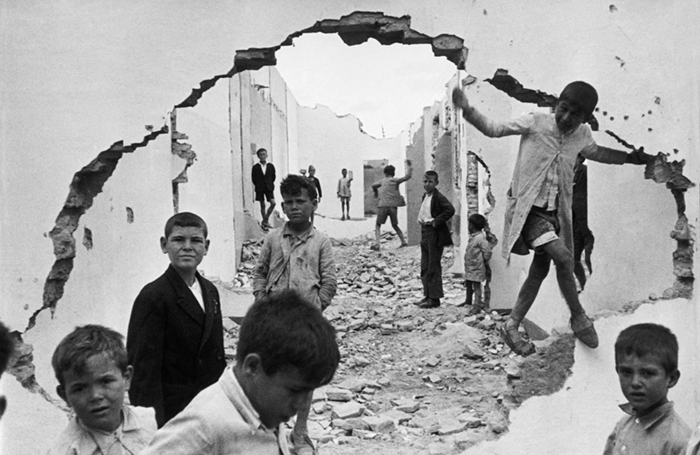
Henri Cartier-Bresson
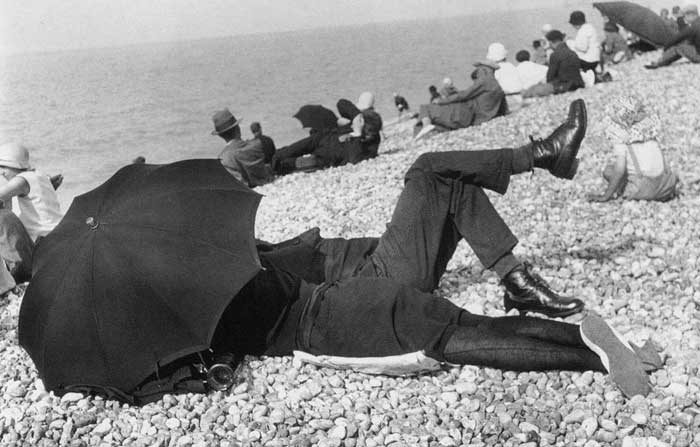
Henri Cartier-Bresson
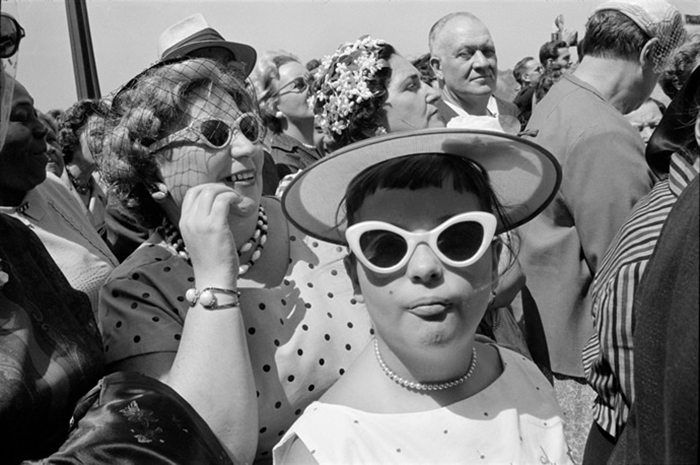
Henri Cartier-Bresson
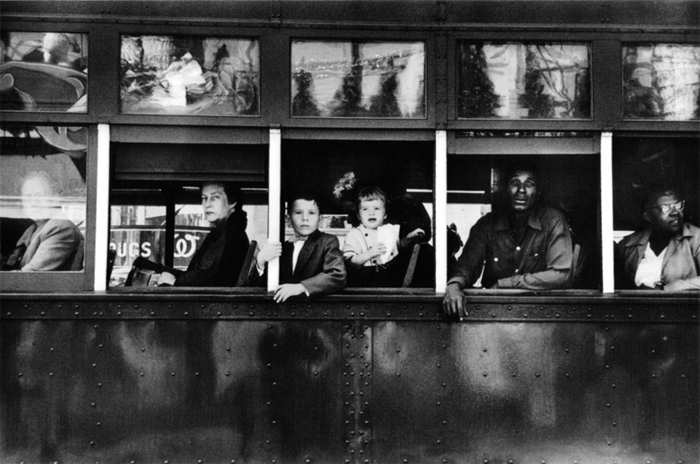
Robert Frank
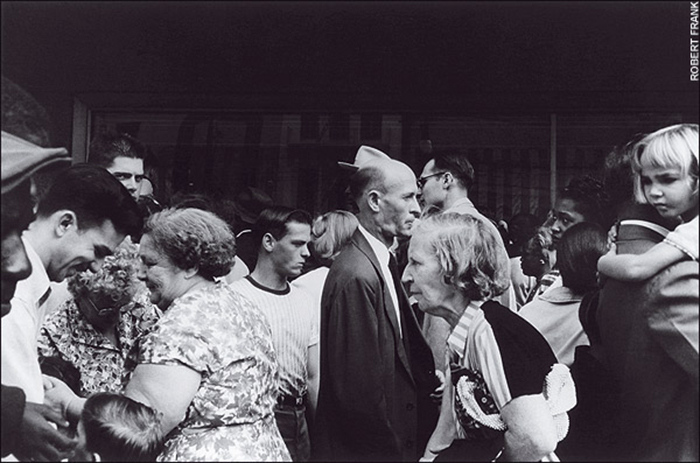
Robert Frank

Robert Frank
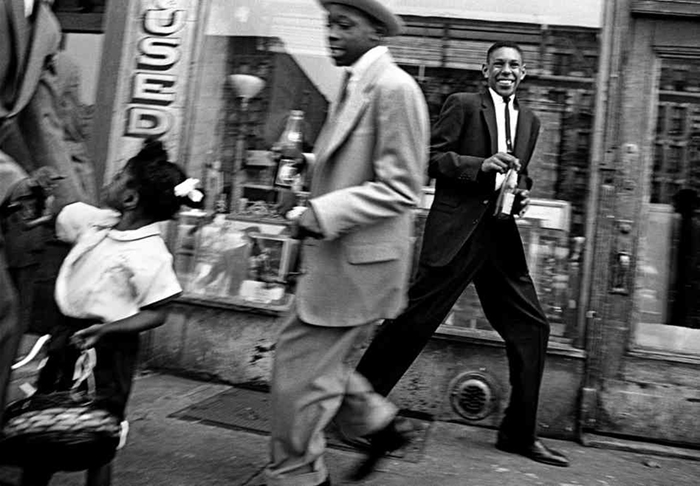
William Klein
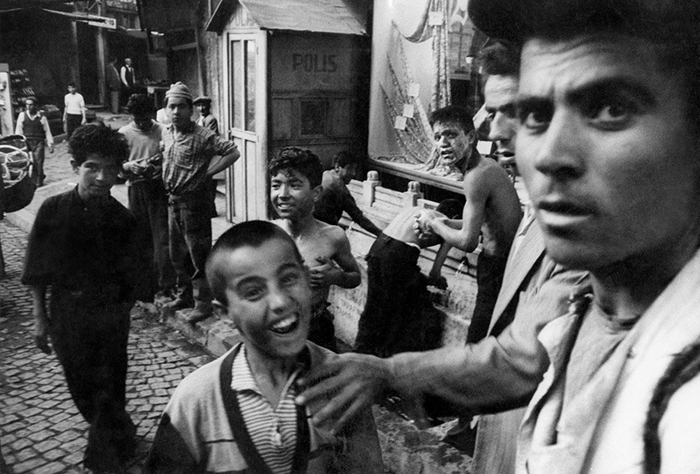
William Klein
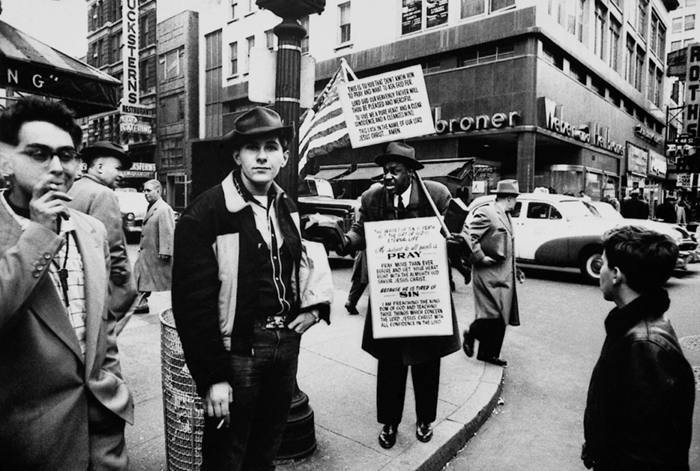
William Klein
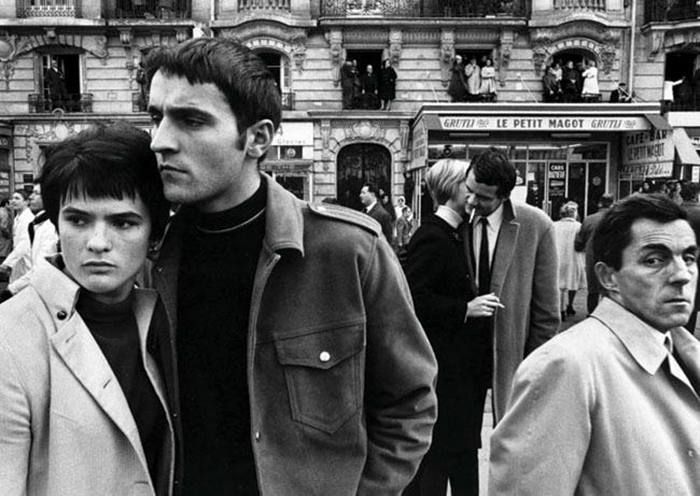
William Klein
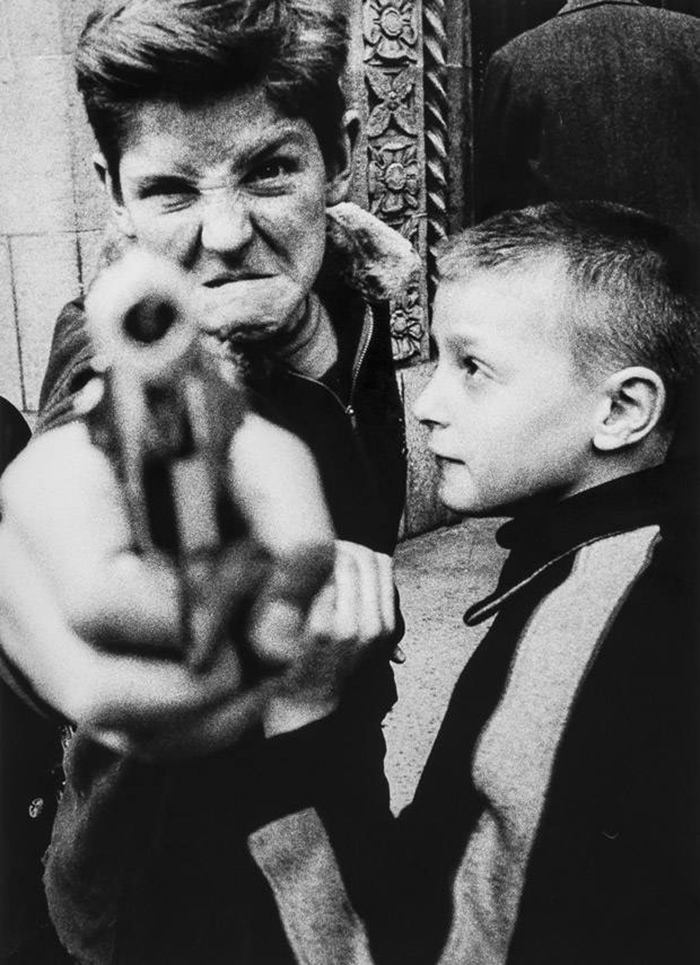
William Klein
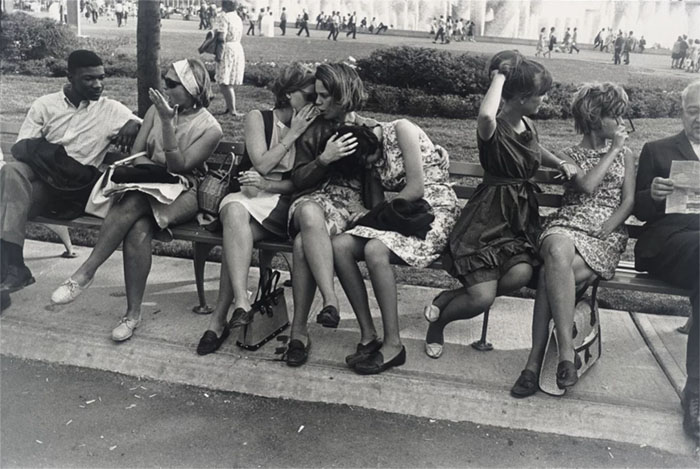 Garry Winogrand
Garry Winogrand
 Garry Winogrand
Garry Winogrand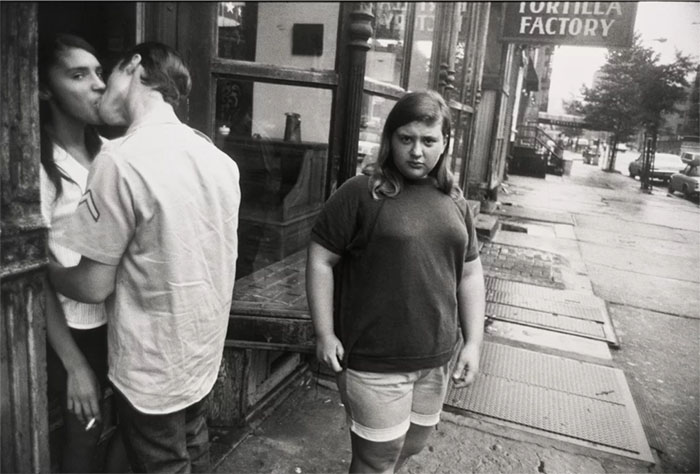
Garry Winogrand
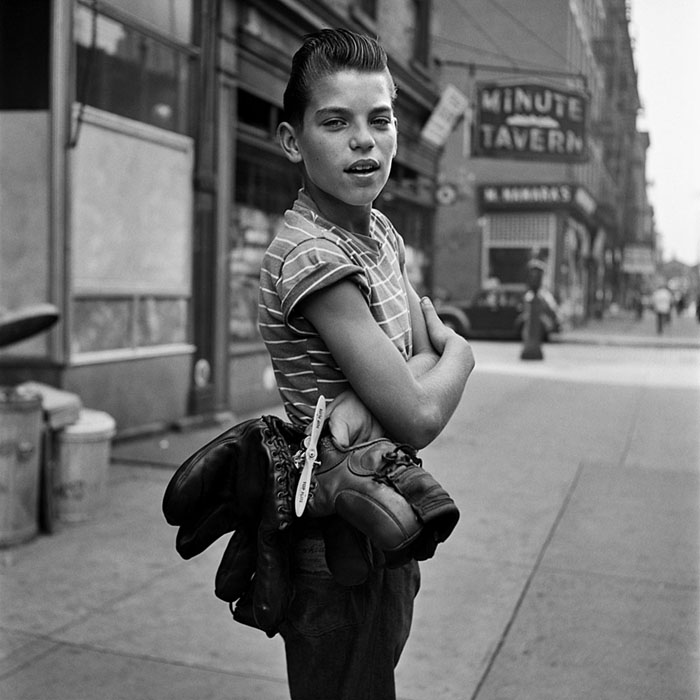
Vivian Maier
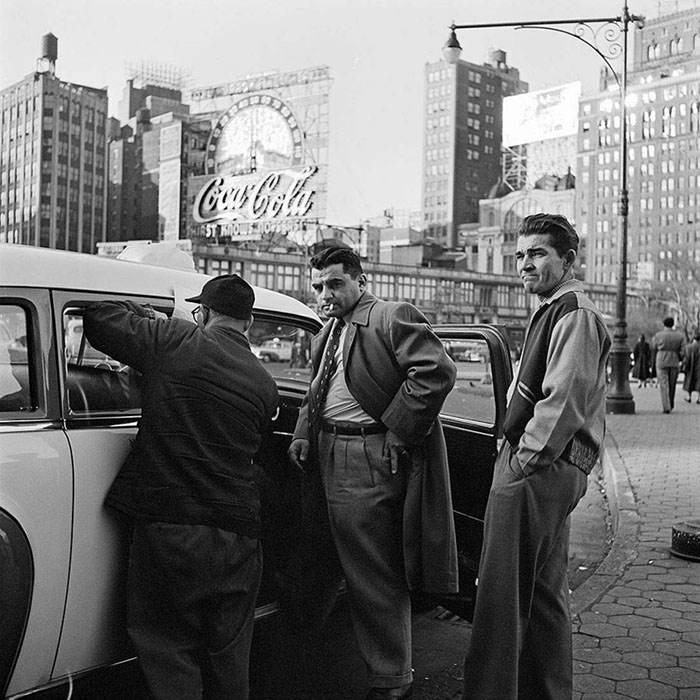
Vivian Maier
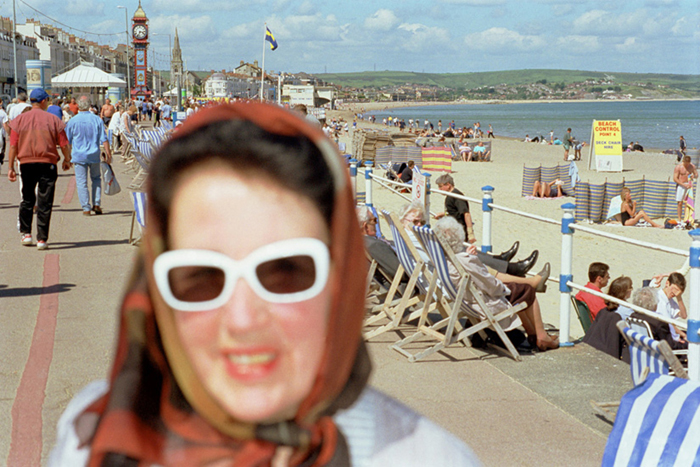
Martin Parr
